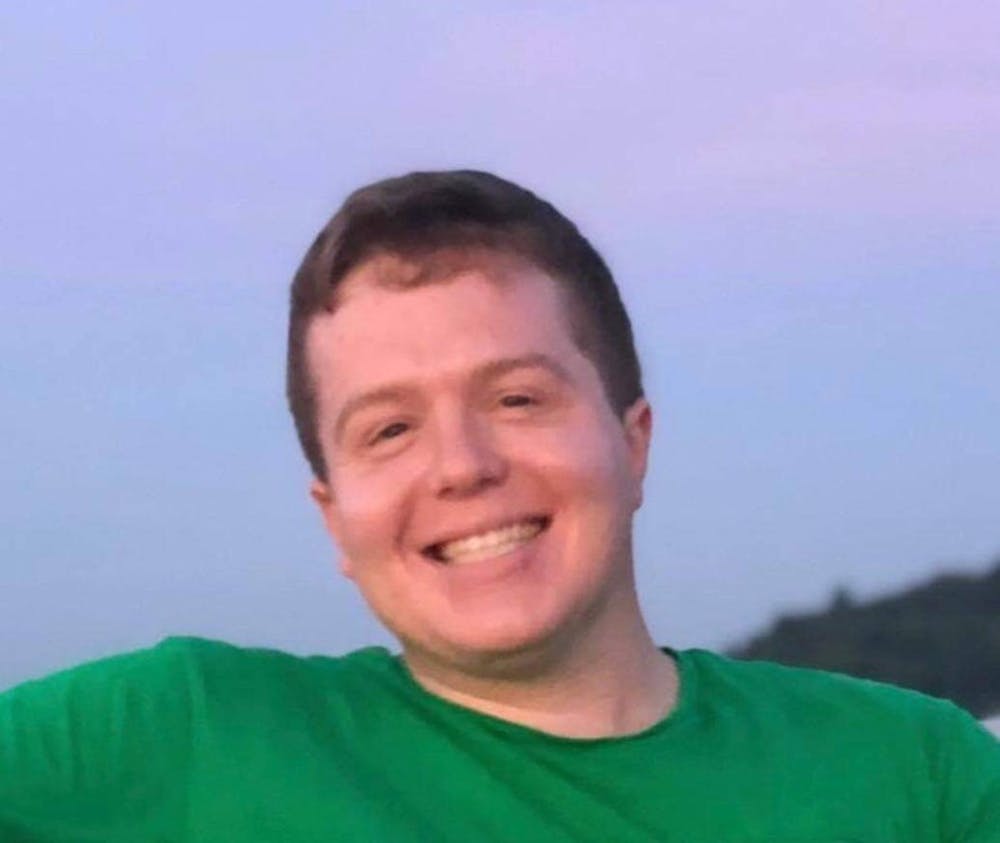Jacob Gillette, a senior at IU, is immunocompromised.
He has a disease that his great-grandfather and grandfather died of and that his mother nearly died of, he said. It’s called Common Variable Immune Deficiency, or CVID for short. CVID is a disease that makes people more susceptible to infections related to their respiratory tract, Dr. Lana Dbeibo, an infectious disease physician, said.
If a person with CVID gets the coronavirus, it could be life-threatening for them, Dbeibo said.
Despite that, Gillette said he has family members that don’t believe COVID-19 is real.
“I could literally die from this, and you’re talking about how you don’t want to wear a mask,” he said.
Dr. Aaron Carroll, IU's director of mitigation testing, said people who are immunocompromised have to be even more careful to avoid situations in which they could get infected.
Gillette has been quarantining since early April. The isolation has taken a toll on his mental health, he said.
“The loss of contact makes you feel like people don’t need you as much,” Gillette said.
But he hasn’t completely cut off social interaction. He said he sees friends once every three weeks. The friends he sees practice social distancing, wear masks and get tested for COVID-19, but he said his health is still a constant worry for him.
At the beginning of quarantine, he said his dad bought groceries for him. Now, he said because he can do it safely, he goes to Kroger and does curbside pick-up.
“I haven’t seen any of my family in like nine months,” Gillette said. “If I see my mom, she could die.”
When he sees people partying, he said he gets frustrated. But he gets more angry at the university than the students. He feels it was unreasonable for IU to expect students, especially freshmen, to social distance and never party.
“What did you think is going to happen when you bring 40,000 kids together?” Gillette said.
Another major source of stress for Gillette is school. He said all of his classes are online, but he had to get special permission from some of his professors to not go in person.
Having online classes has lowered his motivation, especially because he has attention deficit hyperactivity disorder, he said. He said this is exacerbated by the fact that being immunocompromised can make him feel really tired at times.
“At one point I had a mental breakdown because I just couldn’t do it,” he said.
Gillette said he has had to get additional mental health treatment because he’s dealing with increased levels of stress right now.
As time has passed, Gillette said he feels like people have stopped caring about those who are immunocompromised and high risk.
“At first people were really understanding, and now it’s more like if you can’t survive it’s survival of the fittest,” Gillette said.
Dbeibo said she thinks that’s because people have had to deal with COVID-19 for such a long time. But she said the pandemic is not over, and people should still be socially distancing and wearing masks.
“There are still people that will be severely affected and may lose their lives from this and we have to try to protect them,” Dbeibo said.



